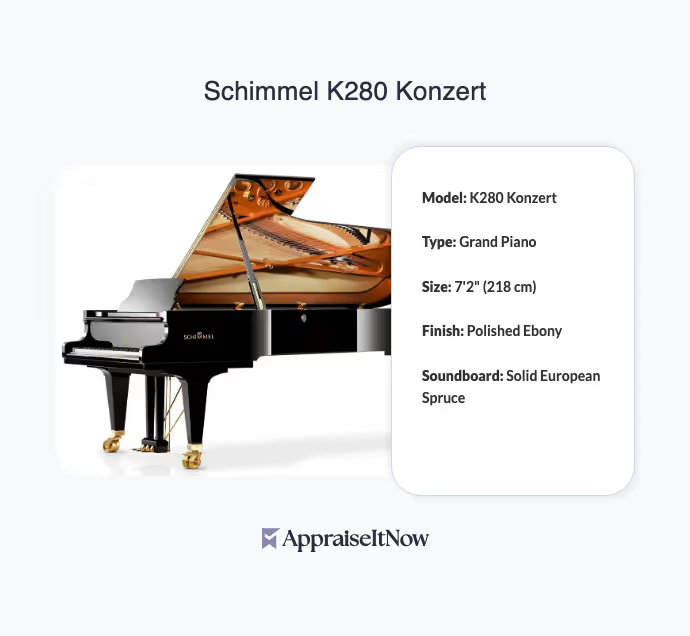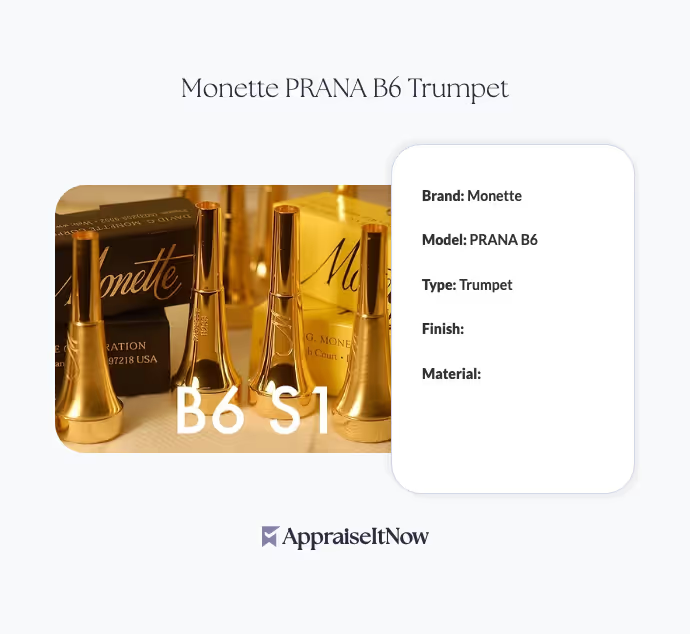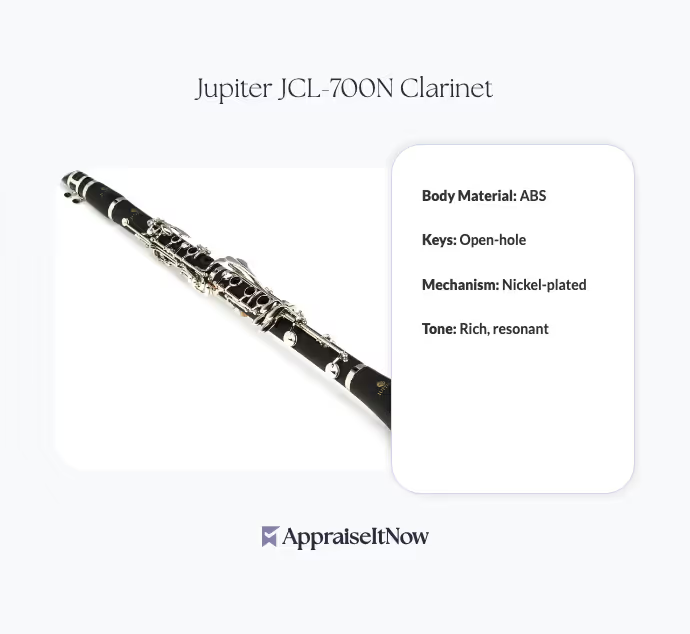<h1>How to Get Your Schimmel K280 Konzert Appraised</h1>
<p>The Schimmel K280 Konzert represents one of the most prestigious grand pianos available to professional musicians and serious collectors, commanding market values between <strong>$20,000 and $30,000</strong>. Whether you're considering selling, insuring, or simply verifying the value of your instrument, understanding the appraisal process ensures you receive an accurate assessment from a credentialed expert.</p>
<h2>Understanding the Schimmel K280 Konzert's Market Position</h2>
<p>Your K280 Konzert holds significant value within the competitive concert grand piano market. As the flagship model of the <strong>Schimmel brand</strong>, this instrument has been crafted since its introduction in 1960 with meticulous attention to detail and German engineering excellence. The question many piano owners ask—<em>Which piano brand holds its value best?</em>—often points directly to Schimmel as a top-tier option. While some wonder if fine instruments like yours appreciate or depreciate, Schimmel pianos demonstrate strong value retention compared to mass-produced alternatives.</p>
<p>The K280's reputation stems from its rich, resonant tone and responsive action that allows professional performers the precision needed for complex compositions. These characteristics aren't just aesthetic preferences; they're measurable factors that certified appraisers evaluate when determining fair market value.</p>
<div class="callout tip"><p><strong>Piano Ownership Insight</strong></p>
<p>Schimmel pianos, particularly the K280 Konzert, typically hold 60-75% of their original purchase value over 20 years—well above industry averages for many other brands.</p></div>
<h2>Why Professional Appraisal Matters for Your Piano</h2>
<p>Getting your Schimmel K280 Konzert appraised by a qualified expert provides far more than a simple price estimate. A certified appraisal creates documented evidence of your piano's condition, authenticity, and market value—essential documentation whether you're preparing for insurance coverage, estate planning, or a potential sale.</p>
<p>The appraisal process examines multiple dimensions of your instrument that casual buyers might overlook. A professional appraiser assesses the tonal qualities, mechanical responsiveness, physical condition of the case and components, and overall functionality. This comprehensive evaluation reflects the craftsmanship that made Schimmel a preferred choice among concert pianists worldwide.</p>
<p>When considering insurance for your K280, your homeowner's or standard renter's policy likely provides insufficient coverage. A documented appraisal establishes the replacement cost value necessary for adequate protection. Similarly, if you're exploring options for a potential sale, an appraisal provides the market data needed to price your instrument competitively while ensuring you capture fair value.</p>
<h2>Key Factors Affecting Your K280 Konzert's Appraisal Value</h2>
<p>Several specific elements influence where your Schimmel piano falls within the <strong>$20,000 to $30,000</strong> valuation range. Understanding these factors helps you prepare for the appraisal process and comprehend the final assessment.</p>
<p>The year your K280 was manufactured impacts its value significantly. Given the model's introduction in 1960, pianos from different decades carry distinct market positions. A pristine 1960s-era K280 with original components and minimal use may command premium pricing within the range, while a well-maintained 1990s model might settle toward the lower end, though still representing substantial value.</p>
<p>Physical condition encompasses the case, lid, keyboard, and internal mechanisms. A piano showing signs of wear—cosmetic scratches, fading finish, or sticky keys—doesn't necessarily diminish value dramatically if the core instrument remains sound. However, pianos requiring significant restoration work typically receive lower valuations reflecting potential repair costs. The premium German craftsmanship of your K280 means that quality restoration can restore value more effectively than with lesser instruments.</p>
<p>Maintenance history matters considerably. Pianos regularly serviced, tuned, and stored in appropriate humidity conditions retain value far better than neglected instruments. Documentation of professional maintenance, tuning records, and any restoration work performed by reputable technicians strengthens your appraisal outcome. Concert pianists and performing musicians often keep meticulous records precisely because they understand how this documentation affects resale value.</p>
<div class="callout note"><p><strong>Documentation Priority</strong></p>
<p>Gather any available documentation including the original bill of sale, maintenance records, tuning history, and photographs showing the piano's condition over time.</p></div>
<h2>The Appraisal Process for Concert Grand Pianos</h2>
<p>When you contact a professional appraiser to evaluate your Schimmel K280 Konzert, expect a detailed, methodical examination. Unlike casual assessments, formal appraisals following <a href="/blog/assessing-the-value-of-musical-instruments-appraisals-of-vintage-guitars-pianos-and-violins">USPAP standards</a> provide defensible valuations suitable for insurance, legal, and financial institutions.</p>
<p>The appraiser begins with visual inspection of the exterior case, checking for damage, refinishing, or structural issues. They'll examine the lid, keyboard cover, and bench condition. Next comes a functional assessment—the appraiser plays the instrument to evaluate tone quality, touch response, and mechanical reliability. This isn't casual playing; it's an expert assessment comparing your K280's current performance against documented baseline specifications for this model.</p>
<p>Internal inspection involves examining the action mechanism, strings, dampers, and pedal function. The appraiser documents any repairs, replacements, or modifications made to original components. They assess the soundboard condition, checking for cracks or warping that might affect acoustic properties. Finally, the appraiser researches recent comparable sales data, considering sales prices for similar-condition K280 Konzerts to establish market-supported valuation.</p>
<p>Professional appraisers specializing in <a href="/blog/appraising-musical-instruments-determining-the-worth-of-melodic-investments">musical instruments</a> bring expertise that goes beyond general <a href="/blog/a-guide-to-professional-personal-property-appraisals">personal property appraisals</a>. They understand the distinction between concert grands, baby grands, and upright pianos, recognize manufacturing details that identify counterfeit or misrepresented instruments, and comprehend the performance attributes that experienced musicians value.</p>
<h2>Preparing Your Piano for Appraisal</h2>
<p>You can take practical steps before the appraiser arrives to ensure a smooth, comprehensive evaluation. First, have your K280 professionally tuned within two weeks of the appraisal appointment. An out-of-tune piano may create a negative impression despite the instrument's underlying quality. A well-tuned piano allows the appraiser to accurately assess tone and responsiveness.</p>
<p>Clean the exterior thoroughly but gently—avoid harsh chemicals that might damage the finish. Clean between keys and ensure the keyboard plays smoothly. If your piano hasn't been serviced recently, consider having a qualified technician perform basic maintenance like regulating the action or replacing worn felt. These investments in presentation often yield better appraisal results by demonstrating your commitment to proper piano maintenance.</p>
<p>Gather all documentation available, even if incomplete. Original purchase receipts, previous appraisals, maintenance records, and photographs showing the piano over time all contribute context that supports fair valuation. If your K280 has been used in performances or recordings, documentation of this professional use strengthens its appeal and value.</p>
<div class="callout tip"><p><strong>Presentation Matters</strong></p>
<p>A piano presented in clean, well-maintained condition with comprehensive documentation typically receives higher appraisal values than identical instruments appearing neglected or mysterious in origin.</p></div>
<h2>Finding a Qualified Piano Appraiser</h2>
<p>Not all appraisers possess the specialized knowledge necessary to properly value a concert-grade instrument like your Schimmel K280 Konzert. You want an appraiser with specific experience evaluating grand pianos from established manufacturers, credentialed through recognized organizations like the <strong>Appraisers Association of America</strong>, <strong>ISA (International Society of Appraisers)</strong>, or <strong>ASA (American Society of Appraisers)</strong>.</p>
<p>Look for appraisers who specialize in musical instruments or have extensive piano valuation experience. They should be able to articulate their methodology, explain how they determine market value, and demonstrate familiarity with the specific characteristics that distinguish a Schimmel K280 from other concert grands. Ask potential appraisers about their experience with insurance valuations, understanding that this differs from estate appraisals or quick-sale estimates.</p>
<p><strong>AppraiseItNow</strong> connects you with certified appraisers across the United States who specialize in <a href="/types/memorabilia-and-collectibles">musical instruments and collectibles</a>. Our network includes professionals with the specific credentials and experience necessary to provide accurate, defensible valuations for your K280 Konzert. You can submit photographs and detailed descriptions online, receiving certified appraisals without the need for in-person visits in many cases.</p>
<h2>What to Expect in Your Final Appraisal Report</h2>
<p>A comprehensive appraisal report for your Schimmel K280 Konzert provides far more than a single number. The document includes detailed descriptions of the piano's physical condition, mechanical functionality, and special characteristics. It documents the date of manufacture, serial number verification, and any identifying marks or modifications.</p>
<p>The appraisal report explains the appraiser's methodology, describing how they researched comparable sales and arrived at their valuation conclusion. This transparency matters when insurance companies, courts, or potential buyers review your appraisal. The report specifies the value as of a particular date and clarifies the type of valuation—whether it's fair market value, insurance replacement cost, or liquidation value.</p>
<p>Quality appraisal reports include high-resolution photographs documenting the piano's exterior, keyboard, interior mechanisms, and serial numbers. These visual records provide evidence of condition at the time of appraisal and serve as valuable reference material for insurance purposes.</p>
<h2>Piano Values in Context: Market Realities</h2>
<p>When considering how much you should expect to receive for your piano, understand that appraisal value differs from actual selling price. An insurance appraisal establishes replacement cost—what a buyer willing to pay fair market value would spend. Actual private sales might yield less, while sales through specialized piano dealers could approach appraisal values if the market timing aligns.</p>
<p>The broader question many piano owners ask—<em>Why do so many people give pianos away for free?</em>—reflects market realities that don't apply to quality instruments like your K280. Mass-produced pianos from lesser manufacturers often prove difficult to sell or give away because moving costs exceed residual value. Your Schimmel, however, represents a different category entirely. Concert-grade instruments from respected manufacturers maintain meaningful value because professional musicians actively seek them.</p>
<p>Similarly, when people ask <em>Are 50 year old pianos worth anything?</em>, the answer depends entirely on the brand and condition. Your K280 from the 1970s or 1980s likely holds substantial value if properly maintained, unlike many mid-century upright pianos that have become nearly impossible to give away.</p>
<div class="callout note"><p><strong>Market Reality Check</strong></p>
<p>Your K280 Konzert's value within the $20,000-$30,000 range assumes good-to-excellent condition and proper maintenance. Heavily damaged or severely neglected instruments may fall outside this range regardless of manufacturing quality.</p></div>
<h2>Using Your Appraisal for Insurance and Protection</h2>
<p>Once you've obtained a professional appraisal, contact your insurance provider immediately. Homeowner's policies typically include limited coverage for musical instruments—often capping claims at $2,500 regardless of actual value. Request a rider or floater that provides full replacement coverage based on your appraised value. This additional insurance, sometimes costing only $200-400 annually, protects your substantial investment.</p>
<p>When discussing insurance options, provide your appraiser's report directly to the insurance company. They'll want documentation confirming your piano's identity, condition, and current market value. Insurance companies respect USPAP-compliant appraisals and typically adjust coverage without requiring additional assessment when provided with professional documentation.</p>
<h2>Next Steps for Protecting Your Piano Investment</h2>
<p>Begin by contacting AppraiseItNow to discuss your specific appraisal needs. Whether you require valuation for insurance, estate planning, potential sale, or simple documentation purposes, our certified appraisers provide the expertise and professional standards necessary for accurate assessment.</p>
<p>The investment in professional appraisal—typically $300-500 for a concert grand piano—represents minimal cost compared to the potential financial protection it provides. Understanding your K280 Konzert's true market value gives you confidence whether you're protecting it through insurance, making financial decisions, or eventually deciding to sell this remarkable instrument.</p>
<div class="callout note"><p><strong>Key Takeaway</strong></p>
<p>A certified appraisal of your Schimmel K280 Konzert provides the documented, professional valuation necessary for insurance coverage, estate planning, and financial decision-making. This professional assessment ensures you understand the true value of your concert-grade instrument while protecting your investment through proper coverage and documentation.</p></div>
















